- Your cart is empty
- Continue Shopping

Alone with the Alone: Creative Imagination in the Sufism of Ibn ‘Arabi
₨ 2,200Current price is: ₨ 2,200.₨ 3,000 Original price was: ₨ 3,000.
Alone with the Alone: Creative Imagination in the Sufism of Ibn ‘Arabi
-27%₨ 2,200Current price is: ₨ 2,200.₨ 3,000 Original price was: ₨ 3,000.
Availability: 17 in stock (can be backordered)
Frequently Bought Together
Get up to 30% discount on applying this code 35vbto
This Book is ready to be shipped
Book Description
“Henry Corbin’s works are the best guide to the visionary tradition…. Corbin, like Scholem and Jonas, is remembered as a scholar of genius. He was uniquely equipped not only to recover Iranian Sufism for the West, but also to defend the principal Western traditions of esoteric spirituality.” —From the introduction by Harold Bloom
Ibn ‘Arabi (1165-1240) was one of the great mystics of all time. Through the richness of his personal experience and the constructive power of his intellect, he made a unique contribution to Shi’ite Sufism. In this book, which features a powerful new preface by Harold Bloom, Henry Corbin brings us to the very core of this movement with a penetrating analysis of Ibn ‘Arabi’s life and doctrines.
Corbin begins with a kind of spiritual topography of the twelfth century, emphasizing the differences between exoteric and esoteric forms of Islam. He also relates Islamic mysticism to mystical thought in the West.
The remainder of the book is devoted to two complementary essays: on “Sympathy and Theosophy” and “Creative Imagination and Creative Prayer.” A section of notes and appendices includes original translations of numerous Sufi treatises.
Harold Bloom’s preface links Suufi mysticism with Shakespeare’s visionary dramas and high tragedies, such as The Tempest and Hamlet. These works, he writes, intermix the empirical world with a transcendent element. Bloom shows us that this Shakespearean cosmos is analogous to Corbin’s “Imaginal Realm” of the Sufis, the place of soul or souls.
About the author
Henry Corbin was a philosopher, theologian and professor of Islamic Studies at the Sorbonne in Paris, France. As a boy he revealed the profound sensitivity to music so evident in his work. Although he was Protestant by birth, he was educated in the Catholic tradition and at the age of 19 received a certificate in Scholastic philosophy from the Catholic Institute of Paris. Three years later he took his “licence de philosophie” under the great Thomist Étienne Gilson. In 1928 he encountered the formidable Louis Massignon, director of Islamic studies at the Sorbonne, and it was he who introduced Corbin to the writings of Suhrawardi, the 12th century Persian mystic and philosopher whose work was to profoundly affect the course of Corbin’s life. The stage was then set for a personal drama that has deep significance for understanding those cultures whose roots lie in both ancient Greece and in the prophetic religions of the Near East reaching all the way back to Zoroaster. Years later Corbin said “through my meeting with Suhrawardi, my spiritual destiny for the passage through this world was sealed. Platonism, expressed in terms of the Zoroastrian angelology of ancient Persia, illuminated the path that I was seeking.”
Corbin is responsible for redirecting the study of Islamic philosophy as a whole. In his Histoire de la philosophie islamique (1964), he disproved the common view that philosophy among the Muslims came to an end after Ibn Rushd, demonstrating rather that a lively philosophical activity persisted in the eastern Muslim world – especially Iran – and continues to our own day.
| Weight | 0.6 kg |
|---|---|
| Binding | |
| Edition | |
| Paper type | |
| Printing Quality | |
| Langauge | |
| Book Size |
Shipping & Returns Policy
Shipping
Pakistan, Major Cities: 1-3 working days
Villages and Small Cities: 2-4 working days
Order before 2.30pm and your order will be dispatched on the same
working day (Mon-Fri excluding public holidays).
We will ship your order from Call Courier Service.

Returns & Exchanges
All returns must be postmarked within seven (7) days of the purchase date. All returned items must be in new and unused condition, with all original tags and labels attached.
To return an item, please email customer service at admin@ibnularabibooks.com
Please place the item securely in its original packaging and include your proof of purchase, and mail your return to the following address:
Ibn Al Arabi Foundation
ho no 123 st 7 Ch Jan Colony Chaklala scheme 3
Rawalpindi, Punjab,
Please note, you will be responsible for all return shipping charges. We strongly recommend that you use a trackable method to mail your return.
Damaged or Defective Products
Please return any item purchased from ibnularabibooks.com that arrives to you damaged or defective, or isn’t what you have ordered.


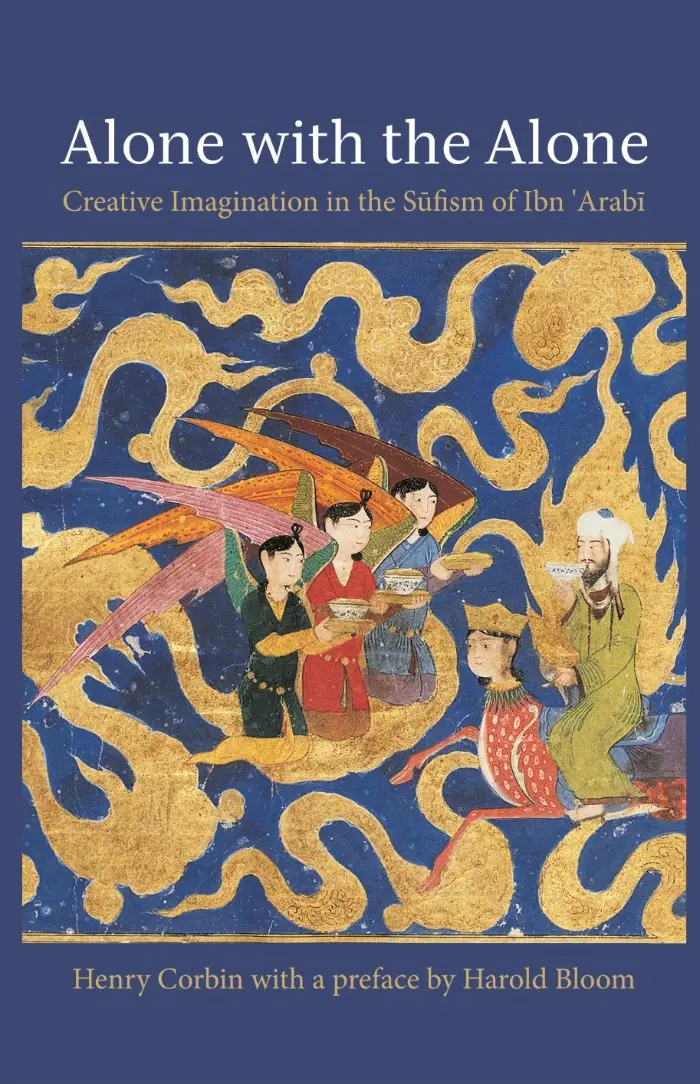
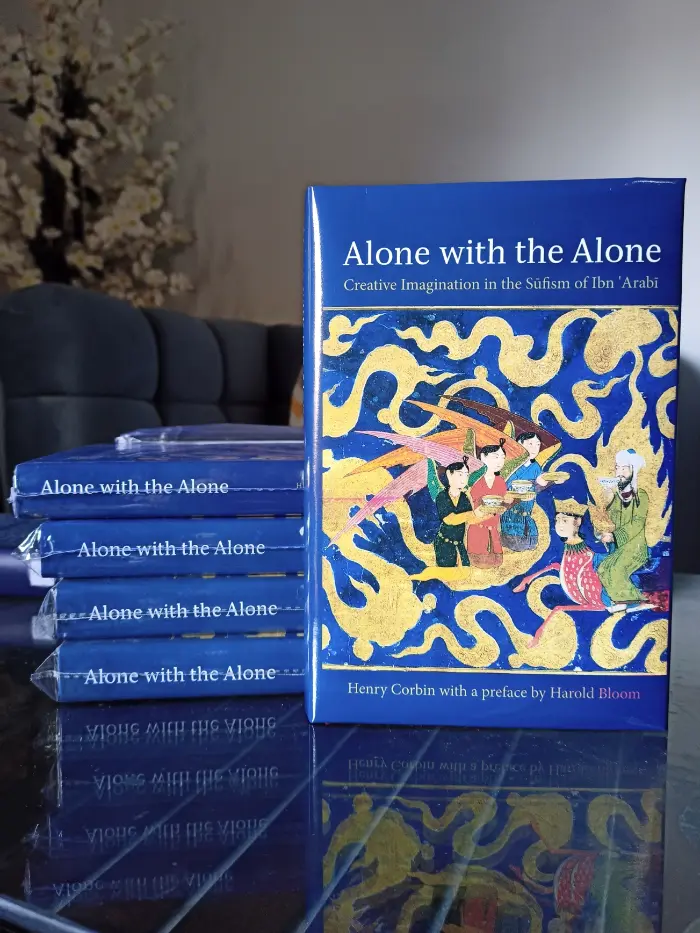
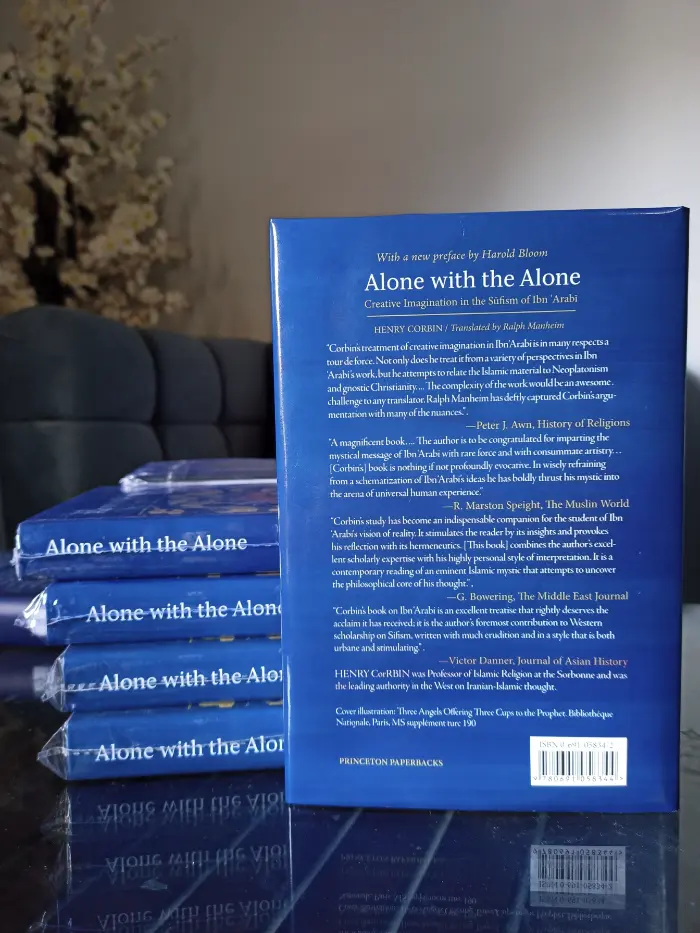
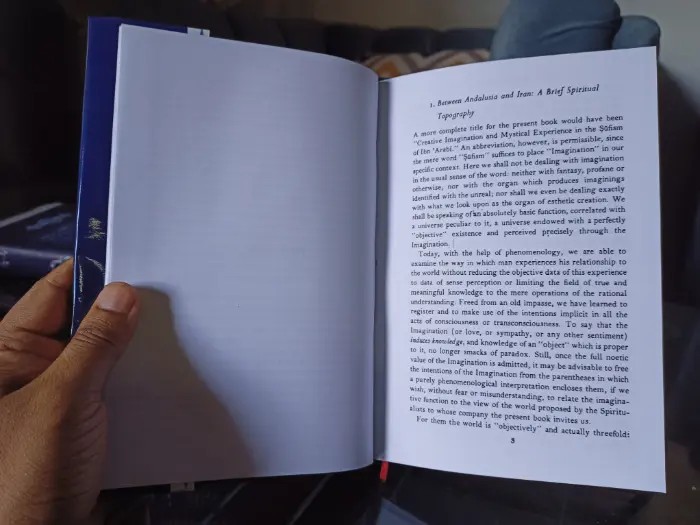
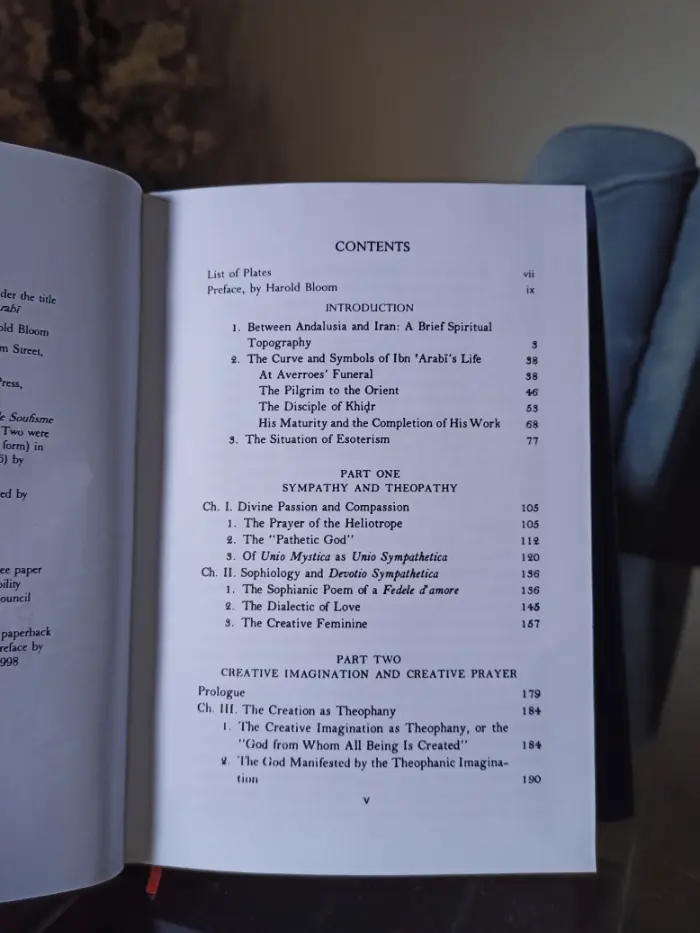
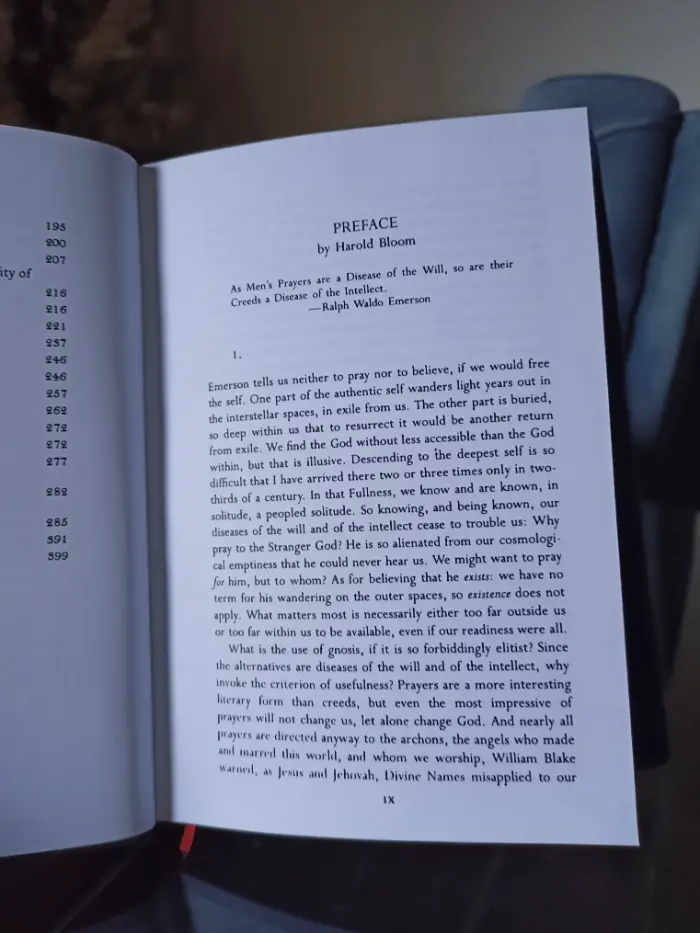
1 review for Alone with the Alone: Creative Imagination in the Sufism of Ibn ‘Arabi
There are no reviews yet.